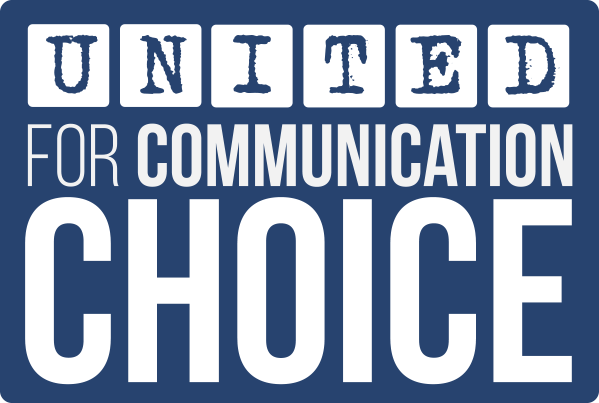Pioneering Change for Autism: University of Virginia Seminar Studies Tension Between ‘Science and Lived Experience of Autism’
The Connection Newspapers (Virginia) Members of The Tribe, a group of young adult nonspeaking autistics from the Washington, D.C. area, participate in a University of Virginia seminar on autism, and meet with state and local politicians. “Gaining a fellowship, Jaswal created the seminar, ‘The Science & Lived Experience of Autism.’ It put 20 UVa students […]
